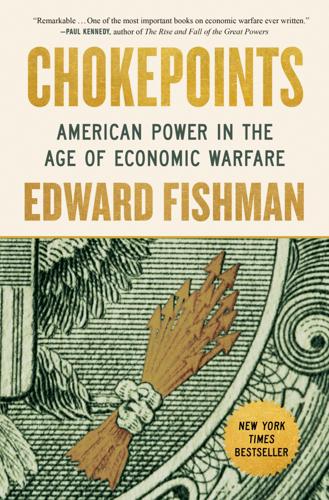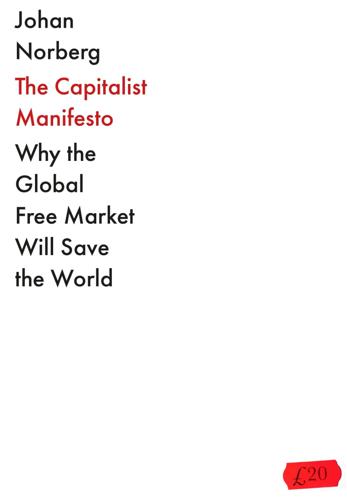
Chokepoints: American Power in the Age of Economic Warfare
by Edward Fishman · 25 Feb 2025 · 884pp · 221,861 words
terms of our supply chains and our reliance on partners who we aren’t comfortable relying on.” The answer, as Janet Yellen put it, was “friendshoring”—instead of striving for the unattainable goal of total self-sufficiency, America should pursue economic integration with “the countries we know we can count on
…
easier if the United States were more resilient to the ripple effects of economic war. Investing in American industrial capacity and fortifying supply chains through “friendshoring” are crucial steps, but more is needed. Beyond the environmental benefits, reducing domestic oil consumption would insulate U.S. households and businesses from oil price
…
ways to erode them to the point that they cease to pose an acute threat. The biggest question is whether this will happen gradually—through “friendshoring” and long-term investments in self-sufficiency—or suddenly, through the outbreak of a catastrophic great-power war in Taiwan or another hotspot. Some will
…
/u-s-trade-chief-outlines-policy-shift-citing-ukraine-war-and-pandemic-11648667442. GO TO NOTE REFERENCE IN TEXT as Janet Yellen put it, was “friendshoring”: Janet L. Yellen, “The Way Forward for the Global Economy” (speech, Washington, D.C., April 13, 2022), U.S. Department of the Treasury, home.treasury
…
.com/world/interactive/2023/electric-car-batteries-geography. GO TO NOTE REFERENCE IN TEXT subsidies for clean tech: Bentley Allan, Noah Gordon, and Cathy Wang, “Friendshoring Critical Minerals: What Could the U.S. and Its Partners Produce?” Carnegie Endowment for International Peace, May 3, 2023, carnegieendowment.org/2023/05/03
…
/friendshoring-critical-minerals-what-could-u.s.-and-its-partners-produce-pub-89659; James Temple, “US Minerals Industries Are Booming. Here’s Why,” MIT Technology Review,
…
sanctions and, 176, 192, 346 terrorist attacks in Paris, 205, 214 Ukraine and, 155 Freeland, Chrystia, 344 free market, 20, 31–32, 395, 397, 400 friendshoring, 400, 421, 425 Fried, Dan, xiii, 139–43, 142, 144, 145, 153–54, 183, 248, 305, 332, 420 Blinken and, 166–67 Russia sanctions and

The Capitalist Manifesto
by Johan Norberg · 14 Jun 2023 · 295pp · 87,204 words
–4, 6, 23, 58–62, 65–82, 83, 290–97 happiness and, 279–89, 282, 284, 286 human values and, 261–89 Friedman, Thomas, 204 ‘friendshoring’, 79 Friendster, 170 GAFAM (Google, Amazon, Facebook, Apple, Microsoft), 169–70 Gallup World Poll, 267 Gandhi, Indira, 245 Gapminder, 18 Gates, Bill, 124–7, 274